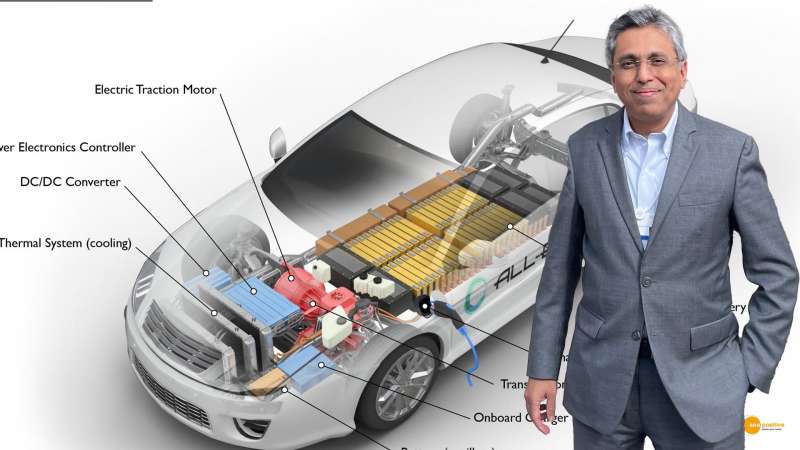

Mahindra and Mahindra (MAHM.NS) of India said it will look into sourcing more components from other companies to expand its electric vehicle (EV) portfolio.
Mahindra had previously focused on developing EV components in-house, but has now switched gears to forge partnerships in order to achieve faster growth in the segment, according to Anish Shah.
Mahindra partnership with Volkswagen
Mahindra recently signed a partnership agreement with Volkswagen (VOWG p.DE) to investigate the possibility of using Volkswagen motors, battery system components, and cells in its electric vehicles.
“The world is becoming more partnership-oriented. Rather than doing everything ourselves, it’s better to find the best available “In an interview at the World Economic Forum in Davos, Shah said.
“At this point, it’s VW (Volkswagen), and because we see similar strengths in other areas, we’re open to looking at various components that we’d bring in, as well as doing what we’re very good at in-house,” he added.
Although Mahindra is betting big on developing its electric vehicle portfolio, it will face stiff competition from Tata Motors (TAMO.NS) in India, where the clean mobility sector is booming.
PM Modi is offering businesses to build electric vehicles
As India strives to meet its climate change and carbon reduction goals, Prime Minister Narendra Modi is offering businesses billions of dollars in incentives to build electric vehicles.
India’s electric vehicle market accounts for only 1% of the country’s annual vehicle sales of around 3 million vehicles, with consumers continuing to prefer fuel-guzzling vehicles that are far more affordable.
Tata Motors dominates India’s electric vehicle market and raised $1 billion in funding from TPG last year. SAIC Motor (600104.SS), which owns MG Motor India, is also planning to raise funds to expand its electric vehicle business.
“We will always be open to value creation opportunities,” Shah said, adding that Mahindra will use “significant funds” for EVs and had them available.
Mahindra has a portfolio of electric commercial vehicles in India, but the company’s most recent push is on passenger cars, particularly sports utility vehicles (SUVs).
“Our strike zone has always been authentic SUVs, and that’s where we’re going to stay… no EV sedans, no hatchbacks,” Shah said.
Also Read: Tata’s plan: Atmanirbhar with chipmaking, EV battery plans


